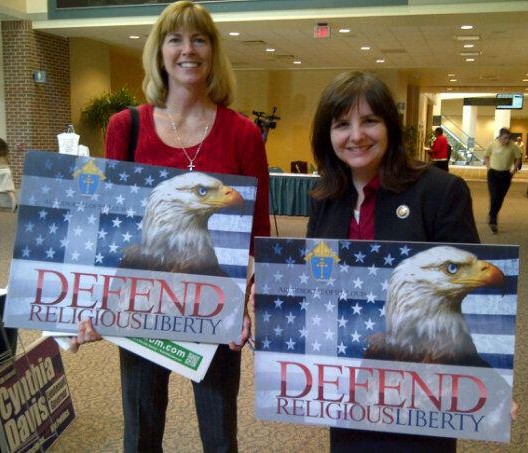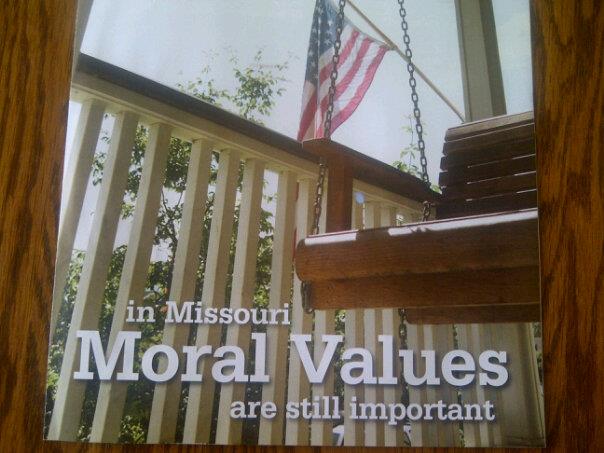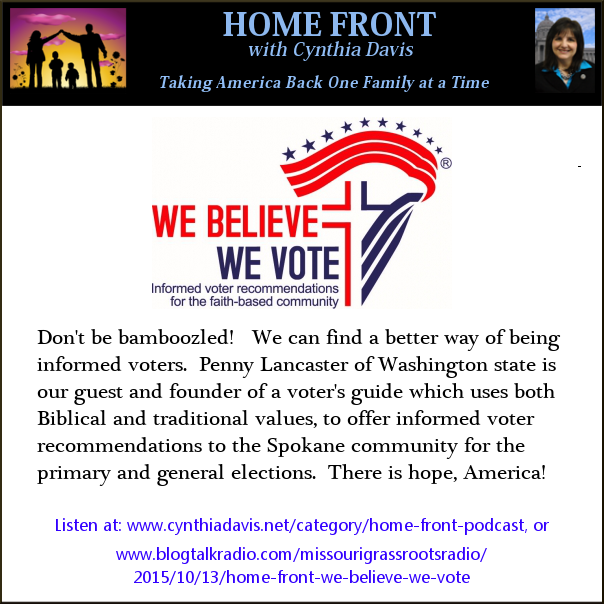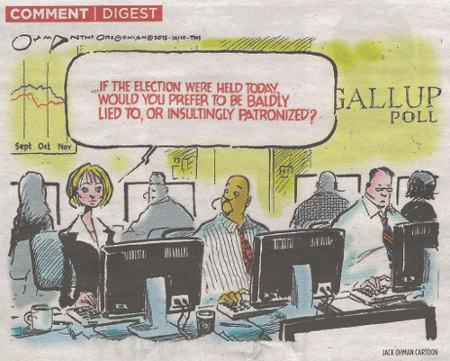We Believe, We Vote!
How many of you are tired of getting bamboozled time and again? A friend called me yesterday to ask me about what’s involved in vetting (evaluating) candidates. That’s a great question because most of the people who care about our country realize that unless we start vetting candidates, we are in for one disappointment after another.
It’s possible to still be let down by the person we supported, but if we learn to vet the candidates first, there will be fewer surprises.
Here are some of the problems that make it difficult to vet candidates:
1.) They usually keep their contact information hidden. Years ago when I ran for public office for the first time, it would have been embarrassing to have an unlisted phone number. I expected my constituents to call me at home. Now, they keep their home information as a tightly guarded secret, and the only way to make contact with most of your city and school officials is to call the district office switchboard and leave voice mail. Good luck getting your calls returned.
This bothers me because if an elected official doesn’t want voter contact, he shouldn’t put his name on the ballot. They now use the staff to buffer interaction. However, the one moment when they want contact with voters is during the election season.
2.) Even if you can make contact with them, when we talk in person, we may be so distracted with their personal grooming, hair styles and finely tailored suits that a percentage of the population will be charmed by their non-legislative features and forget all about discussing real political strategies.
It’s hard to ask them direct questions because we don’t want to hurt their feelings by some topics. Many candidates will fill the time telling jokes, talking about where people went to high school and trying to relate with their children, church affiliations, sporting events and social clubs. They tend to give us slick answers based upon what they think we want to hear.
3.) The questions we ask one candidate may not be consistent with all the candidates, so we get a skewed result when trying to compare them.
The majority of the time, all the candidates seem great, but until you get into the nitty-gritty, it may be impossible to tell which one is better. Usually, what tips the scale is something very small.
I remember when I was trying to decide whom to support for state senate. The two candidates were both people I admired, and it was tough to decide between the two. Then someone reminded me that one went to jail for protesting outside an abortion clinic. That did it for me.
4.) Neither the Republican nor the Democratic Parties vet their candidates. The officeholders are not accountable for adherence, allegiance or votes in accordance with their party’s platform. These labels have become meaningless. Therefore, you can no longer trust an affiliation to mean anything, unless it is a Constitution Party candidate. (The Constitution Party vets their candidates with either a written survey or a face to face interview.)
Fortunately, there is an organization that decided to do something about this. It started with a lady named Penny Lancaster. So many of her friends asked her about whom to vote for, she started handing out a paper called, “Penny’s Picks”. I understand this because every election I have customers come into my bookstore (Back to Basics Christian Bookstore) and ask me whom we should support.
I remember asking David Barton about this, and he said you have to judge a candidate by how he matches up with the Ten Commandments. It is critical that we watch actions more than lip service.
Nearly all of the candidates will say they agree with the Ten Commandments; yet if they vote for tax increases, they may be guilty of coveting, stealing and sometimes lying. If a candidate is not faithful to keep his marriage vows, he is automatically off my list because he has broken his vows and cannot be trusted to keep an oath. If a candidate uses swear words or does not “honor the Sabbath to keep it holy”, he has proven that he does not fear the Lord, so he has no accountability to God nor man.
After starting “Penny’s Picks”, others got involved and now Penny’s organization has grown to a committee of 30 people who vet candidates in a formal manner. This organization, “We Believe, We Vote“, has developed so much credibility that good candidates want to seek their endorsements. The candidates who are not interested in their endorsement stay away. The silence from some candidates allow voters to figure it out. ‘Nuff said!
When I was running for office, I would have loved to have a church care enough about the election to sit down and grill me with questions about my political philosophy, yet none of the churches seemed interested. The only organization that gave me a face-to-face interview was the NEA (National Education Association). I was honored to be vetted by them, but why aren’t any other groups doing this?
There is one group in Missouri, The Locke and Smith Foundation, that makes notes of how a current state legislator votes. This is very helpful if you are considering whom to support in the next Missouri State election, but it won’t help you if you are considering a non-incumbent or a candidate for a local office.
The Locke and Smith Foundation is great if you only measure the constitutionality of a candidate and no other factors. Yet, it is very common to find that those who vote Constitutionally also vote right on other moral issues. “We Believe, We Vote” vets local offices, but it will only help you if you live in Spokane, Washington.
Missouri doesn’t have an election this November, but a lot of states do. That’s fine with me because it gives us a few months to get ourselves organized. Do you want to join me in learning to vet candidates?
Click the comment button to share your thoughts with me on this idea.
WHAT YOU CAN DO…
1.) We have a new “Comment” button just above this section. Please share your thoughts. It may help others to hear your ideas as well.
2.) Please let me know if you want to help with this effort in Missouri. There is no good reason why we shouldn’t be vetting our candidates! Consider organizing a chapter of “We Believe, We Vote” in your area. It’s fun! If you want to learn how to do it, observe from the pros. They can help you set up your own local chapter.
3.) We send a big thank you to all the kind and conscientious people who have donated to make it possible for us to produce our newsletter and podcast. Because we do not have any other funding stream, your donation will be extremely helpful in our efforts to communicate. Many people do not realize we are a volunteer entity and rely on their help and God’s leading to continue. If you would like to help, please mail a check to:
Cynthia Davis
1008 Highway K
O’Fallon, Missouri 63366
Thank you for your consideration!
[/stextbox]
This Week On Home Front:
Listen to This Episode of Home Front Now
Home Front is also part of the Missouri Grassroots Radio lineup



